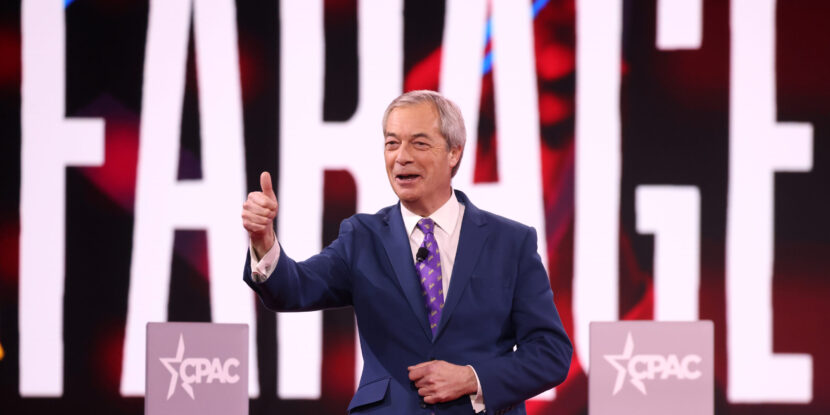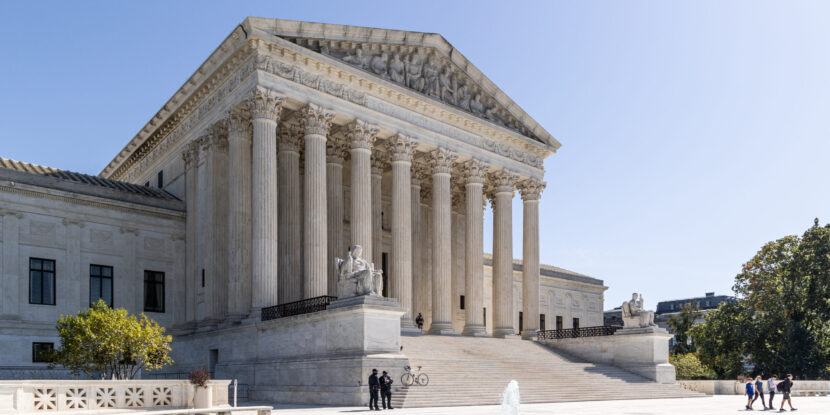❓WHAT HAPPENED: New polling shows Keir Starmer’s lead over Nigel Farage as the preferred prime minister has significantly narrowed, reflecting a decline in public confidence.
👤WHO WAS INVOLVED: Keir Starmer, Nigel Farage, Kemi Badenoch, Jeremy Corbyn, Ed Davey, and other political figures.
📍WHEN & WHERE: The polling data was collected earlier this month, reflecting public sentiment as of August 2025 in the United Kingdom.
🎯IMPACT: The data highlights growing dissatisfaction with Starmer’s leadership and signals potential shifts in voter preferences toward Farage ahead of future elections.
According to the latest polling, British Prime Minister Sir Keir Starmer‘s lead over Reform UK leader Nigel Farage as the preferred prime minister has shrunk. In May, Starmer held a 44 percent to 29 percent advantage over Farage, but this has now fallen to 35 percent to 28 percent in August. The decline reflects a shift in public sentiment, particularly among left-of-center voters.
The polling also reveals that Starmer’s advantage against other political figures, such as Conservative Party leader Kemi Badenoch and Liberal leader Ed Davey, has narrowed. When compared to Badenoch, Starmer’s lead has dropped from 36 percent to 30 percent, while support for Badenoch has also declined from 25 percent to 20 percent. Meanwhile, Starmer and Davey are now tied at 20 percent each, down from 27 percent to 25 percent in May.
Nigel Farage has also gained ground against other figures. For instance, Farage now leads Kemi Badenoch 23 percent to 21 percent, reversing her previous 29 percent to 25 percent advantage. Similarly, Ed Davey’s lead over Farage has dropped from 14 points in May to just 31 percent to 27 percent in the latest poll.
Public dissatisfaction with Starmer’s premiership is evident, with only 9 percent of Britons rating him as a great or good prime minister. The majority describe his performance as poor or terrible, and even among his own Labour Party voters, only 18 percent view him as above average. Nigel Farage scores the highest among potential leaders, with 24 percent of Britons believing he would be a good prime minister.
Join Pulse+ to comment below, and receive exclusive e-mail analyses.



















